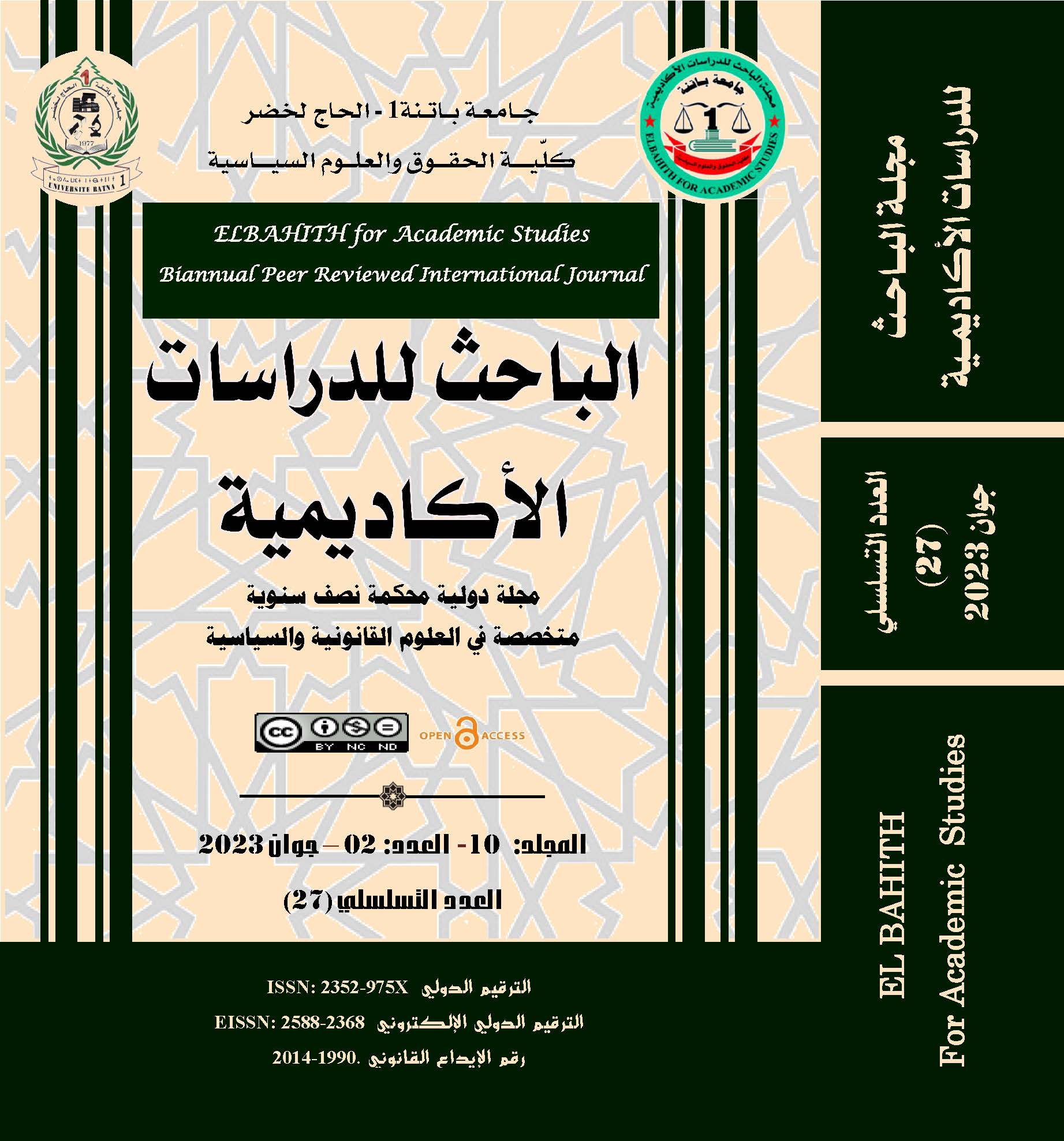Transitology in question Heuristic contributions and limits of a discipline
DOI:
https://doi.org/10.59791/efas.v10i2.1769Keywords:
transitology, democratisation, universalism, internal specificitiesAbstract
The concept of democratic transition has been the subject of intensive academic research, giving rise to a sub-discipline of political science: Transitology. While Transitology has made significant heuristic contributions, some of its assumptions are nonetheless laden with confusion, nuances, and many philosophical and political unsaid. The objective of this paper is to raise questions, explore avenues of reflection and analysis surrounding transitology, highlighting its heuristic contributions, but more importantly, its limits of interpretation. Indeed, transitology has often presented globalizing models that were supposed to be applied to any context, without taking into account the local specificities. However, accumulated experiences have shown that the success of any transition relies on adapting the chosen means to the specific context of each situation and the uniqueness of the terrain. The transition to democracy cannot be seen as a universal phenomenon that obeys general rules, but rather as a specific process inherent to a determined socio-historical context. Therefore, the major challenge is not to find the ideal path to build a Western-style democracy, but to identify, based on existing resources, the types of regimes that can emerge.
Downloads
Published
How to Cite
Issue
Section
License

This work is licensed under a Creative Commons Attribution-NonCommercial-NoDerivatives 4.0 International License.




